Changing the shape of soft matter using circuits made from DNA.


Changing the shape of soft matter using circuits made from DNA.
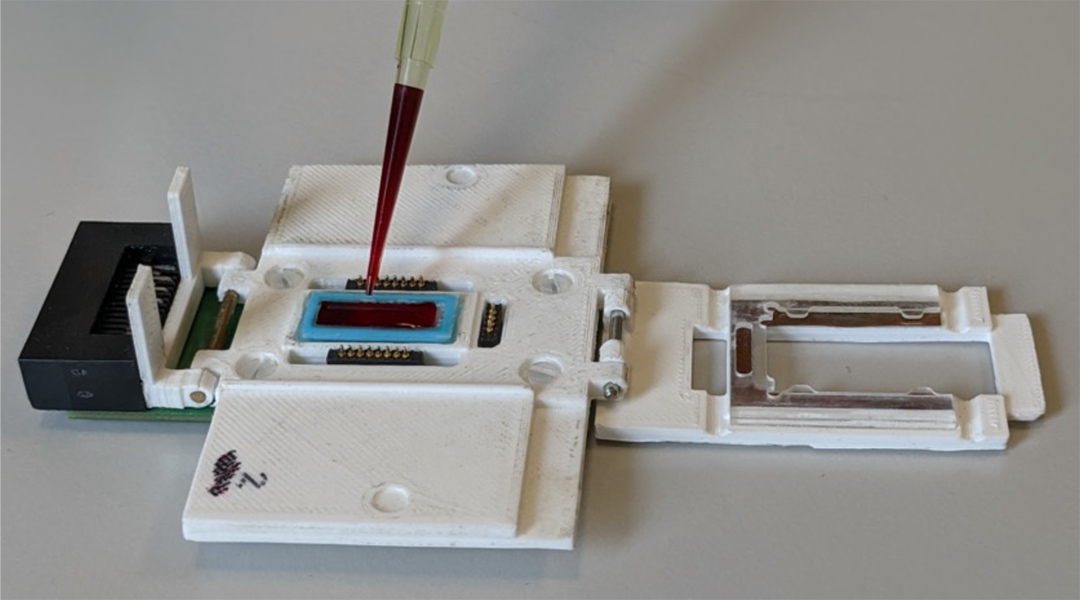
A new lab-on-chip technology enables the rapid and quantitative identification of malaria parasites in the blood for better and more accurate diagnosis in remote regions.

A new biochip can quickly evaluate anticancer drug toxicity and penetration across an advanced blood–brain barrier model.
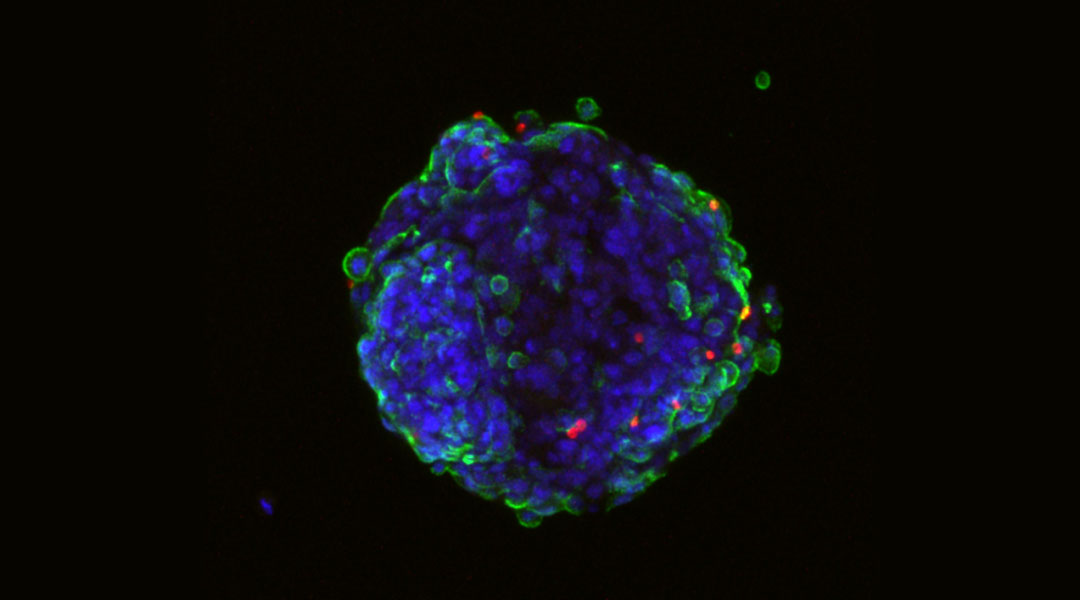
Researchers uncover how malaria infiltrates the blood–brain barrier and contributes to disease severity.

A new approach to the synthesis of sustainable ammonia and urea uses food waste and brown water as feedstocks.
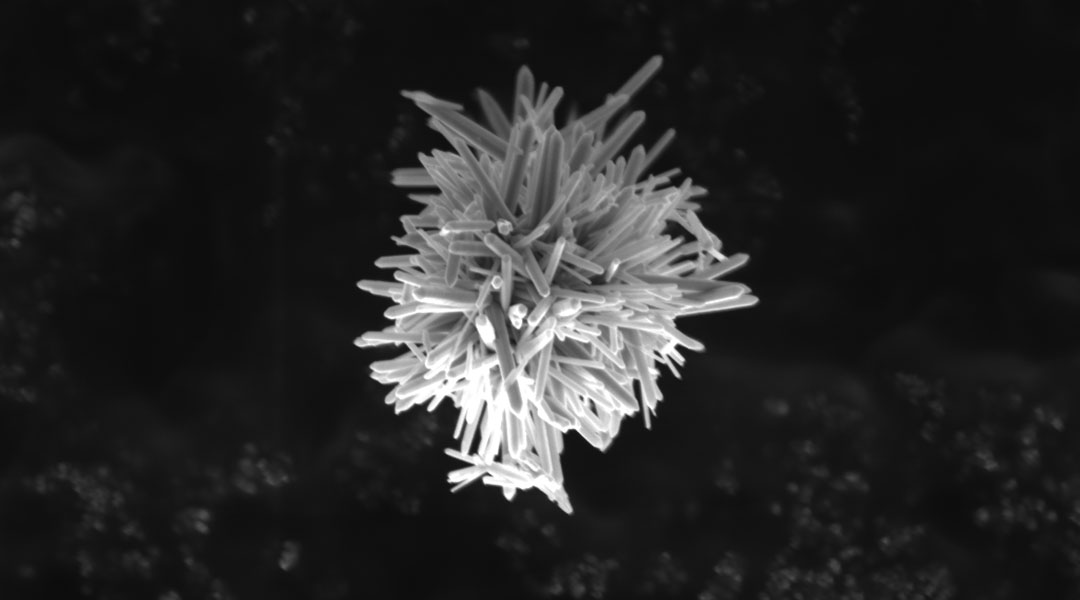
Bacteria-killing micromotors, microscopic patchworks, and DNA fibers decorated with self-made “smileys” — science has never looked better.
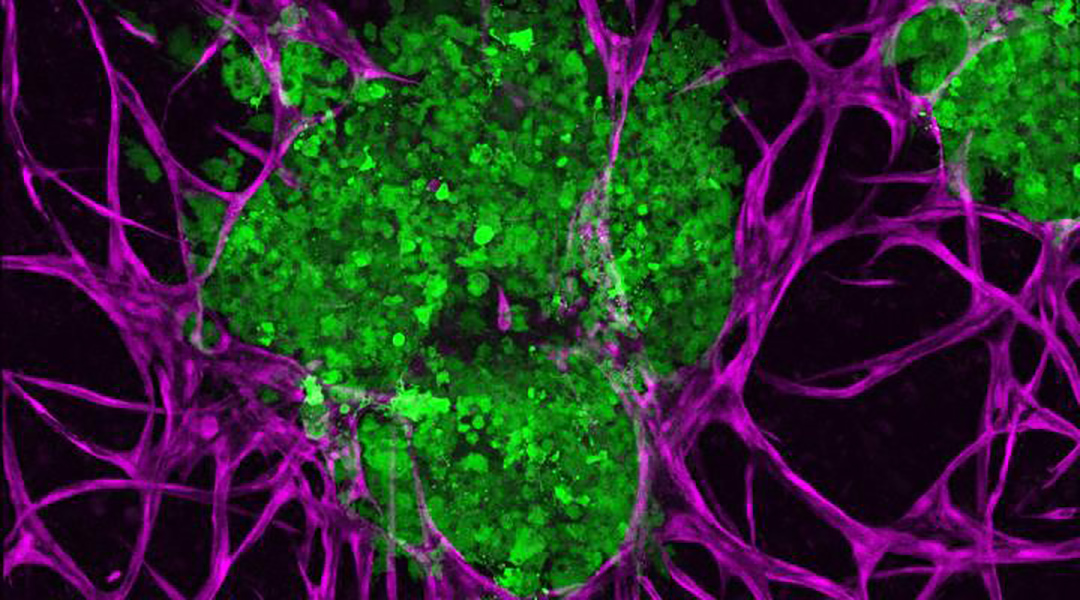
A prototype platform allows researchers to culture and study tumor growth in new detail.

With research groups spread over two continents, Osier is striving to eliminate malaria through her groundbreaking work in immunology, advocacy and awareness.
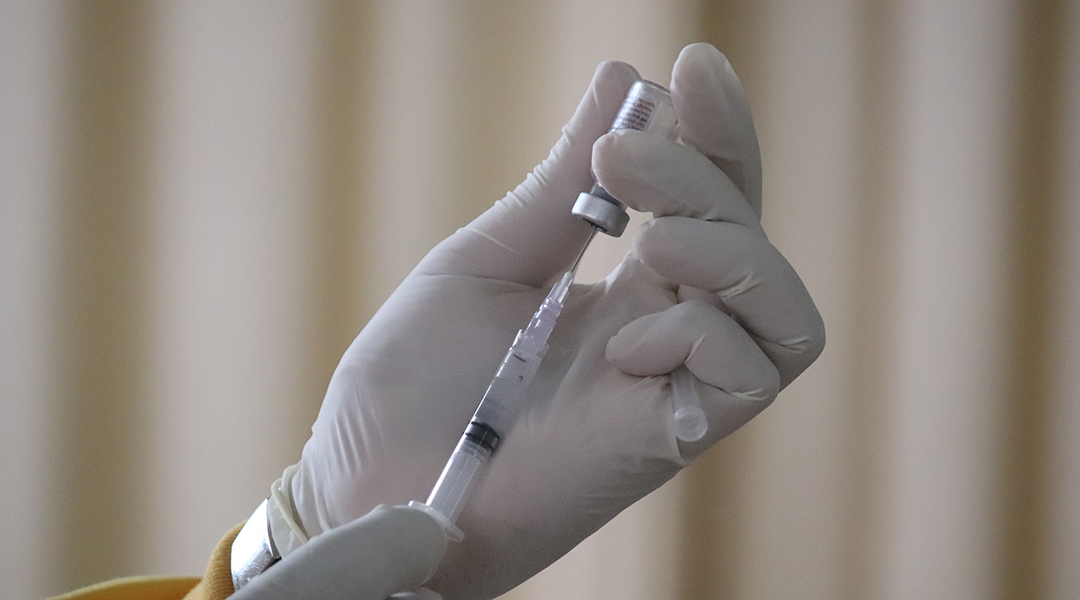
While numbers indicate that the risks of COVID-19 still outweigh potential vaccine side effects, the current pause in vaccine distribution demonstrate the system is working and the public is onboard.
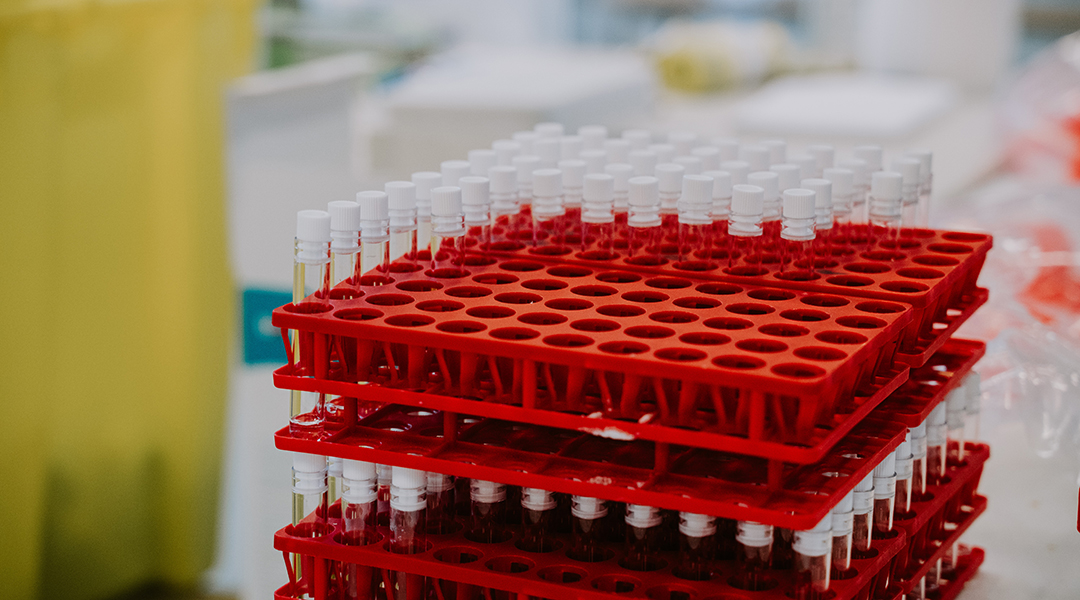
Assays using pseudoviruses have been indispensable in our efforts to halt the current pandemic.